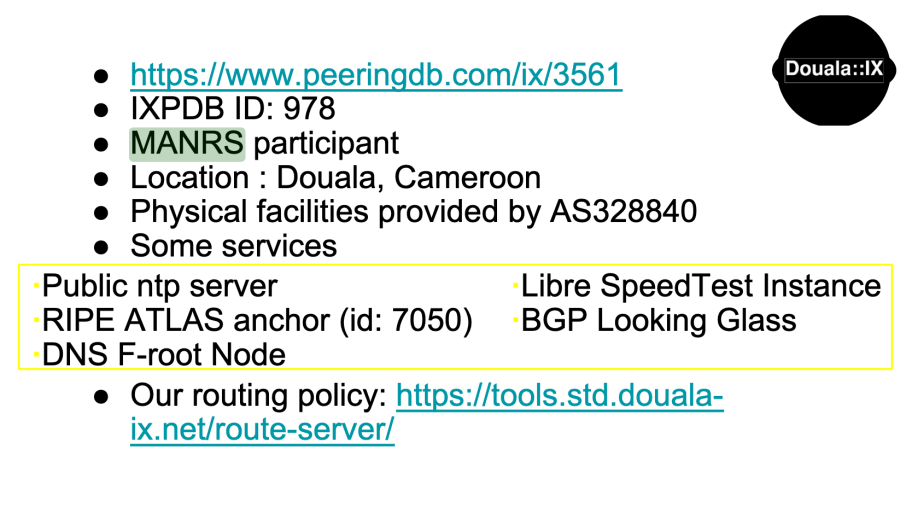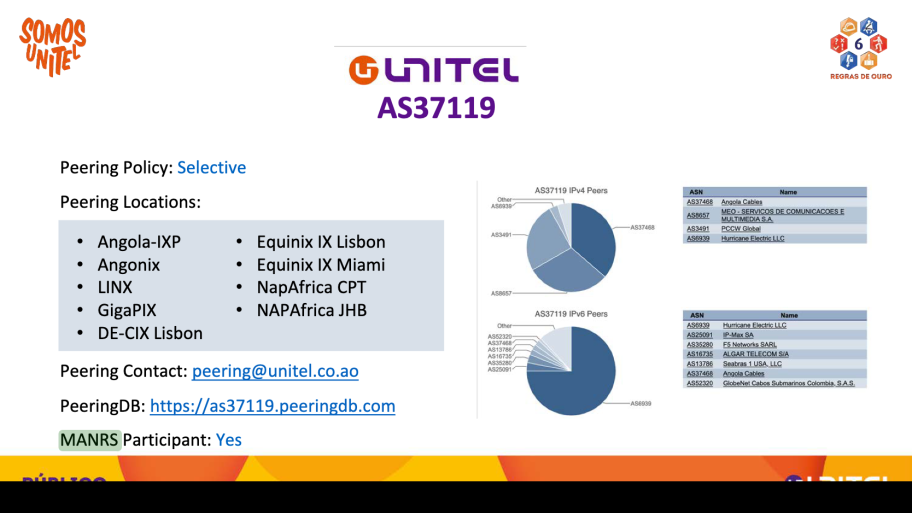Reflecting on the Value of MANRS

The Golden Pavilion in Kyoto, Japan, is many photographers’ dream of a perfect water reflection.
Earlier this month, I found myself not far from this scenic wonder while attending APNIC 56, where I found myself reflecting on previously unappreciated work the MANRS community has done and the value MANRS has developed in our efforts to secure the global routing system.
The Value of Research
One of the reasons for my attendance was to present during the Routing Security SIG on the MANRS Research team’s work related to identifying the threat of incorrect route objects in APNIC Internet Routing Registry (IRR) data.
I’ll refer you to a video of my presentation as to the details of the research and instead focus here on the value of this research.
Inaccurate or outdated (stale) data in IRRs undermine the reliability of route filtering, which is fundamental for the integrity of the ever-growing Internet. While ROA adoption is still under 50% globally, addressing this problem is imperative to ensure the integrity and resilience of the global Internet routing system.
So far from this research:
- Two Regional Internet Registries (RIRs) have our research to identify and fix issues they’ve had with tracking delays in ROA updates in the data plane.
- Several large operators have also used our method to identify and fix stale objects in RADb.
Importantly, the feedback on this work has been encouraging and has us now surveying the community to understand the value of IRR service, particularly:
- How do operators envision the future of IRR services, and what improvements or developments would they like to see?
- What role does community collaboration play in the maintenance and improvement of IRR services? How can network operators contribute to the accuracy and utility of IRR data?
The Value of Relationships
The APNIC Cooperation SIG provided us with another opportunity to discuss the merits of our years of work this time in relation to how policymakers and governments can assist with improving routing hygiene in their countries.
After many years of developing strong relationships and building awareness, this work has started to show its worth, particularly in the USA and the Netherlands:
- Border Gateway Protocol Security Workshop held by the United States Federal Communications Commission in July, highlighted the importance of addressing BGP vulnerabilities and securing Internet routing.
- The US National Cybersecurity Strategy Implementation Plan, published in July, identifies “collaborating with key stakeholders to drive secure Internet routing” as a key action item.
- The Dutch government’s “comply or explain” initiative requires governmental departments to deploy RPKI or adequately explain why they cannot comply.
As discussed by the other participants at the Cooperation SIG, governments have a key role in creating a safer Internet routing ecosystem and MANRS participants are well placed to reach out and lend a hand so as to not undermine the globally distributed and decentralized nature of the Internet routing system.
The Value of Brand
Finally, what perhaps triggered this reflective post, was the sight of APNIC 56 participants wearing original MANRS t-shirts — a pleasant sight after all these years of no in-person events.
While it’s fantastic to see participants and fans wearing MANRS on their literal sleeves and hearts, it’s also great to see MANRS participants such as Unitel SA and DOUALA-IX ‘proudly’ mentioning their involvement in the program at the AfPIF Peering Personals.


The brand that we, as a community, have developed is strong and will go a long way in our efforts to encourage new networks to participate in the program and help differentiate you from the crowd.
Leave a Comment